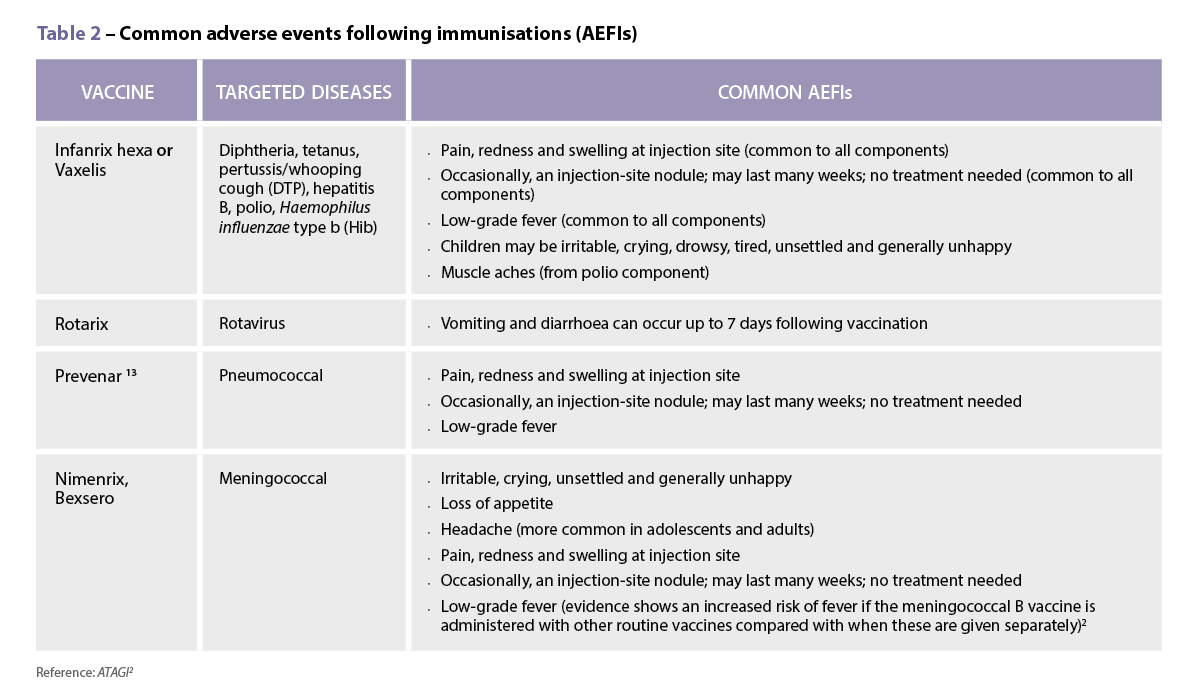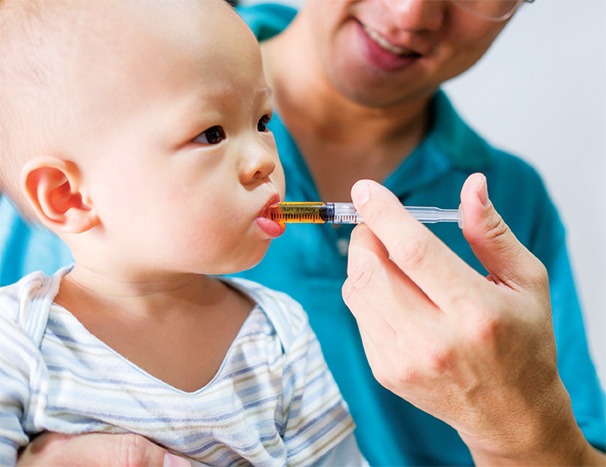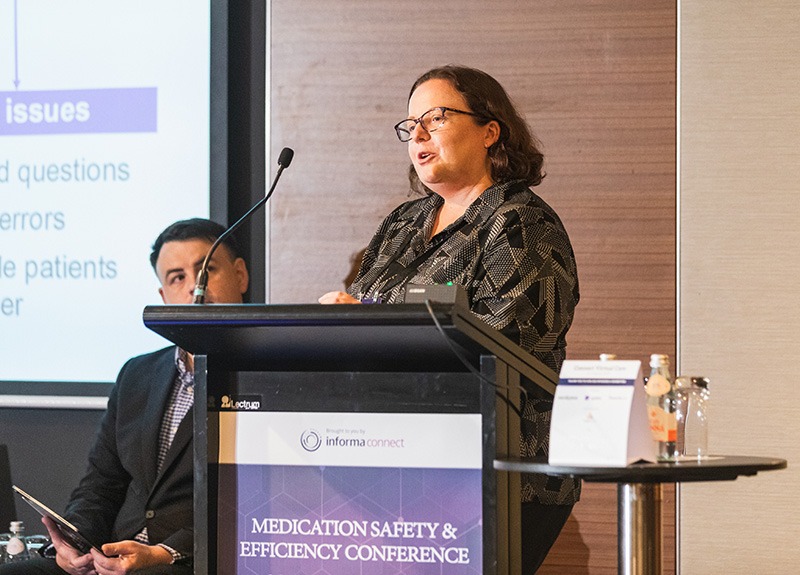Case scenario
Emma is a 24-year-old paramedic who presents to your pharmacy with a prescription for paroxetine 20 mg daily and lorazepam 1 mg PRN for anxiety. She also requests a Fluvax. While you are giving Emma her flu shot, she mentions recent sudden anger and mood swings. She says she was actually in London last year at the height of the pandemic and witnessed her neighbour and one of her colleagues die. It took her months to get a flight home and she was all alone. Emma starts to cry and apologises.
Learning objectivesAfter successful completion of this CPD activity, pharmacists should be able to:
Competency Standards (2016) addressed: 1.1, 1.4, 1.5, 2.2, 3.1, 3.5 |
Already read the CPD in the journal? Scroll to the bottom to SUBMIT ANSWERS.
Introduction
Post-traumatic stress disorder (PTSD) first became a household name when it entered the third edition of the Diagnostic and Statistical Manual of Mental Disorders (DSM-III) in 1980. This was as a result of the large number of veterans returning from the Vietnam War who were experiencing what was first termed ‘Post-Vietnam Syndrome’. Earlier conflicts had coined terms such as ‘shell shock’, ‘soldier
THIS IS A CPD ARTICLE. YOU NEED TO BE A PSA MEMBER AND LOGGED IN TO READ MORE.



 This CPD activity is supported by an unrestricted education grant by Reckitt.[/caption]
This CPD activity is supported by an unrestricted education grant by Reckitt.[/caption]





 Jess Hadley, community pharmacist and Professional Officer at PDL[/caption]
Jess Hadley, community pharmacist and Professional Officer at PDL[/caption]
 Peter Guthrey, Senior Pharmacist – Strategic Policy at PSA[/caption]
Peter Guthrey, Senior Pharmacist – Strategic Policy at PSA[/caption]


 Professor Margie Danchin[/caption]
Professor Margie Danchin[/caption]

 Dr Peter Tenni[/caption]
Dr Peter Tenni[/caption]
 How should we deprescribe gabapentinoids, according to the Maudsley Deprescribing Guidelines[/caption]
How should we deprescribe gabapentinoids, according to the Maudsley Deprescribing Guidelines[/caption]







